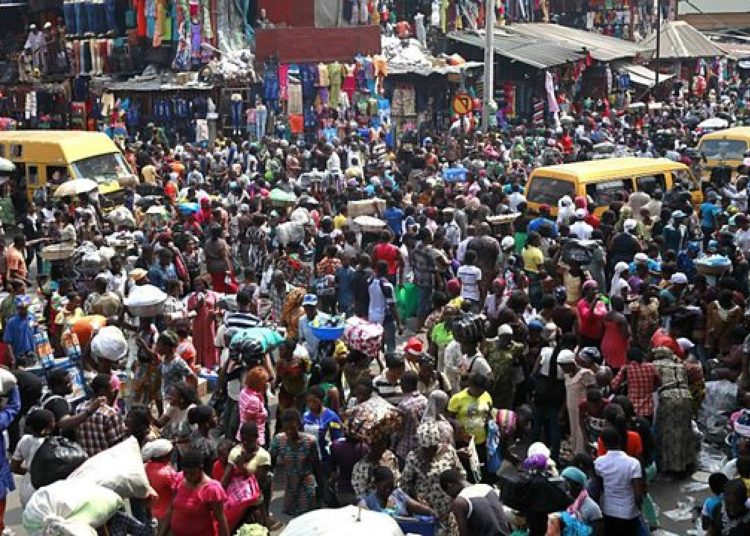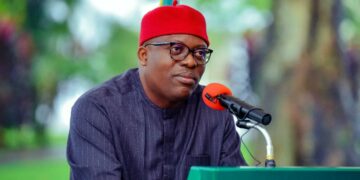The sharp increase in the cost of goods, ranging from food items, fuel and even building materials has prompted widespread anxiety among the populace.
According to the National Bureau of Statistics (NBS) Nigeria’s inflation has been on the rise for 11 consecutive months, reaching a new high in December 2023. The annual inflation rate rose to 28.92 per cent in December from 28.20 per cent in November.
In markets across cities in Nigeria, the cost of foods such as rice, beans and cooking oil has seen a huge uptick, causing a significant strain on finances of many households. The increase in prices of goods has left many Nigerians struggling to afford basic necessities.
While speaking to a fashion designer, Omotolani Okuade, he lamented on how costly fabrics are now in the market “Everything has become very expensive, not just food. You can’t get a fabric at the same price you got it yesterday. I had to increase the price I charge customers for my service since everything is so expensive, and explaining the price hike to customers is exhausting, some even stopped patronising me,” he said.
Similarly, businessman Mr. Solomon Peterson, a resident of Niger State, told me his concerns. “The continuous increase in the prices of goods is making life unbearable for many Nigerians. It has affected my business to the extent that demand for goods has drastically decreased simply because people can no longer afford to purchase them at twice their former price. Prices are not stable in the market which is harmful to my business,” Mr. Peterson lamented.
In response to growing concerns, The Governor of the Central Bank of Nigeria (CBN), Olayemi Cardoso, has assured that Nigeria’s inflation rate will drop to 21.4% in 2024.
“Inflationary pressures are expected to decline in 2024 due to the CBN’s inflation-targeting policy, aiming to rein in inflation to 21.4 per cent.
“This will be aided by improved agricultural productivity and easing global supply chain pressures.
“The CBN’s inflation-targeting framework involves clear communication and collaboration with fiscal authorities to achieve price stability, potentially leading to lowered policy rates, stimulating investment, and creating job opportunities,” he said.
In the meantime, all Nigerians can do is hope that the economy stabilises soon enough.




